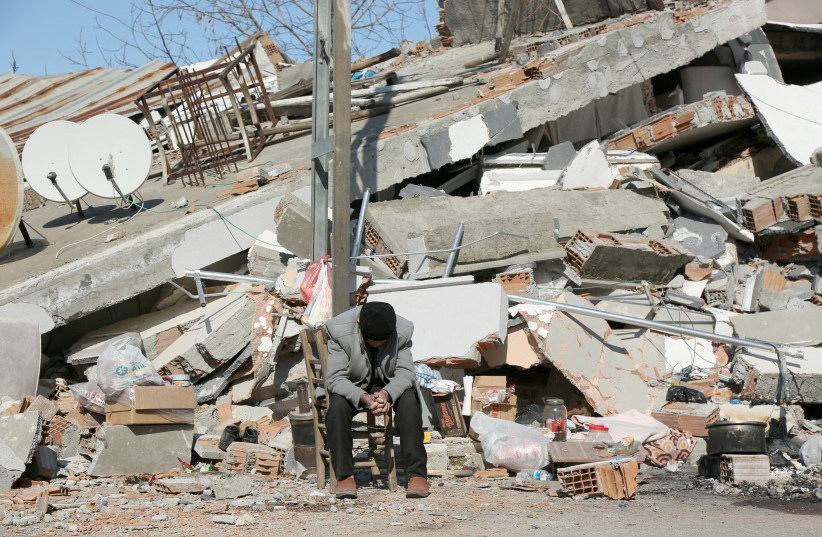The casualties from the deadly earthquake in Turkey last month have risen to a staggering toll of 45,968. Over the weekend, the Turkish government said that of those killed in Turkey, 4,267 accounted so far were Syrians – about 10% – they were mainly refugees who fled the conflict Civil War in Syria.
In addition to the Syrians killed in Turkey, there are thought to be some 6,000 dead in Syria, however, the number there is unclear because of a lack of official data from areas controlled by the opposition, rebel and extremist groups in Idlib and Afrin.
This, again, attests to the failure of the international community to provide aid to vulnerable Syrians. They have suffered on both sides of the border and the large number killed in Turkey shows they were disproportionately present in areas affected by the earthquake and that they may have been housed in sub-standard housing.
The international community failed to provide aid to Syria after the earthquake
The full details of the earthquake remain unknown a month after it occurred, including the number of dead and injured. Tens of thousands of homes and apartments were destroyed and officials say around 13 million people were affected. The UN has urged countries to help take in Syrians who live in areas of Turkey that were hit.
Turkey’s state broadcaster TRT said that there are 1.7 million Syrian refugees in the provinces affected by the earthquake, including areas in Hatay, and near Gaziantep.

“Many refugees who fled to Turkey in search of safety and protection have now faced the trauma of loss and displacement once again – losing their homes and livelihoods.”
UN agencies
“Many refugees who fled to Turkey in search of safety and protection have now faced the trauma of loss and displacement once again – losing their homes and livelihoods,” the UN’s International Organization for Migration and the UN refugee agency UNHCR said.
This leaves many questions. Turkey appears to want to move on from the earthquake; it has elections coming up and the ruling party doesn’t want to see any criticism in the media, much of which is run by pro-government voices.
That means that the critique has been mostly only in foreign media, relating to the government’s response. The overall list of missing people, for instance, has not been published in Turkey, including unaccounted-for Syrians.
Because the Syrians were refugees and, in some cases, were undocumented, it is not clear how many are missing, or how many more may be buried under the rubble. Syrians have complained in the past that their movements and place of residency is restricted in Turkey and that they suffer rising racism.
The scant details on the number who died in the earthquake point to a disturbing figure; large numbers of Syrians perished and it may never be known how many. Even as refugees, the people are not safe and have become victims of a natural disaster.
